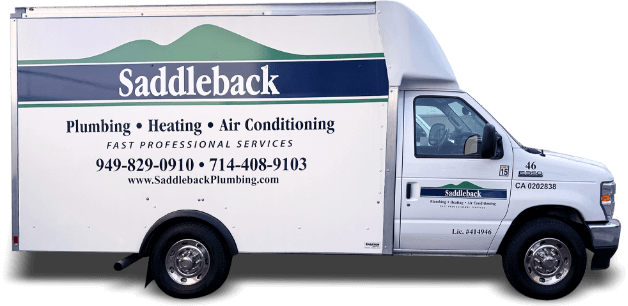Water Treatment Systems for Your Orange County Home
April 17th, 2023One of the most common questions we get in Orange County is: “Is my water safe to drink?” Black specks in water are cause for concern among many homeowners.
One of the most common questions we get in Orange County is: “Is my water safe to drink?” Black specks in water are cause for concern among many homeowners.
Before water enters your home through your water line, it goes through extensive treatment by the city. Any harmful chemicals are filtered out, along with most other substances.
If hard water is a problem in your home, the solution may be simpler than you think. There are many water softeners out there, and some of them can be quite effective at treating the water coming into your home in order to remove the minerals that make the water hard. However, there are plenty of distinct differences between the various products on the market as well, so you should take a closer look at your options before you commit to one system over another.
The hardness or softness of water varies considerably from one part of the country to another. While the fact that your water is harder does not mean that it is unsafe, it is good to know what you are dealing with.

Do we serve your area?